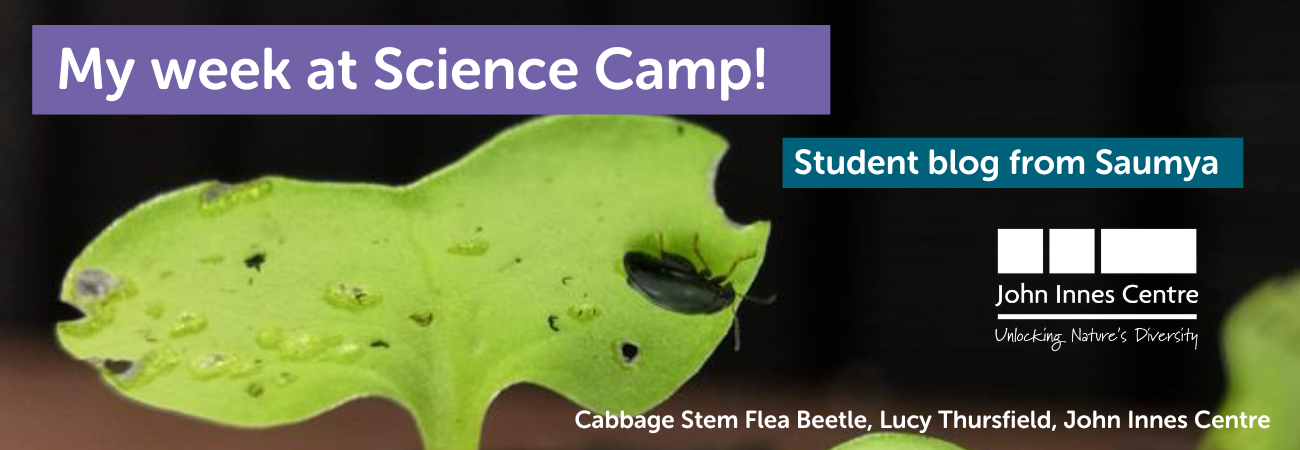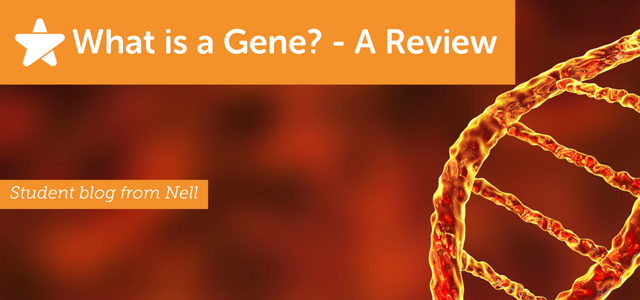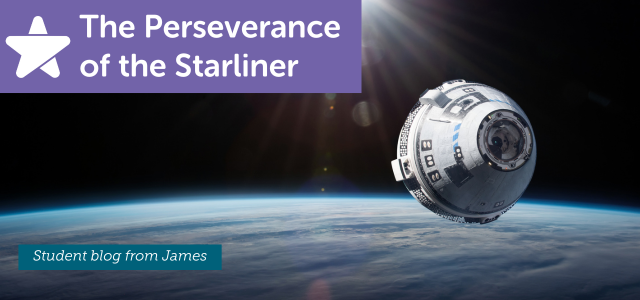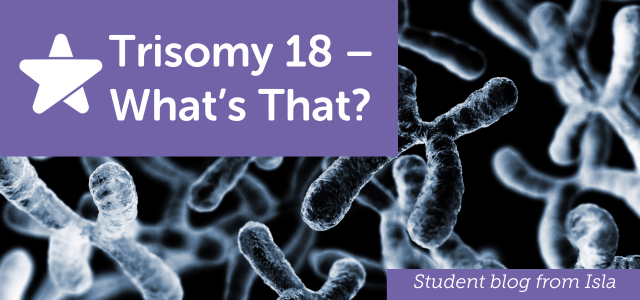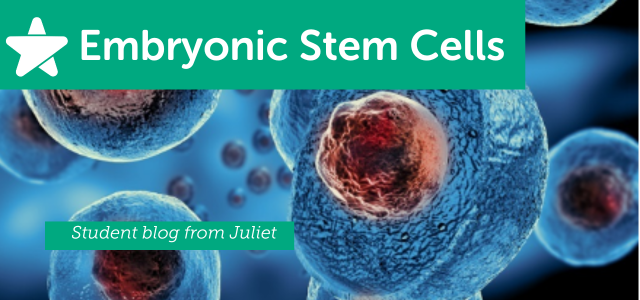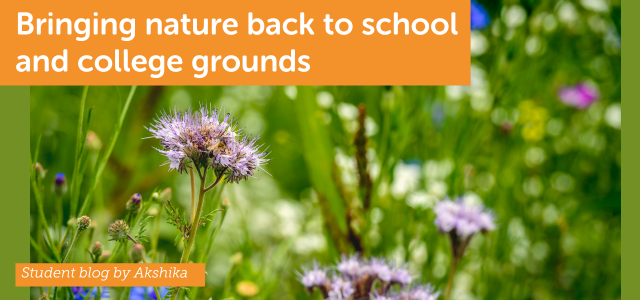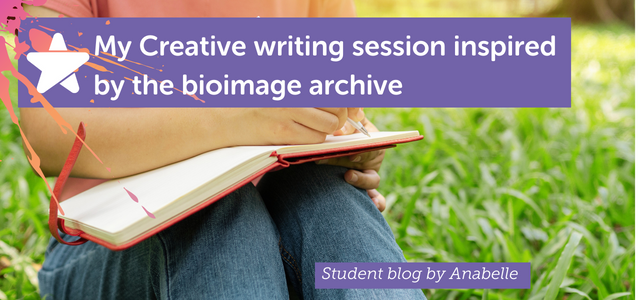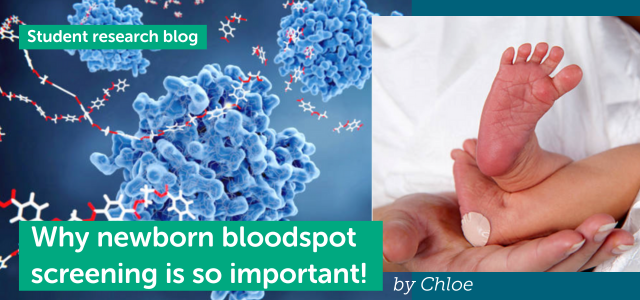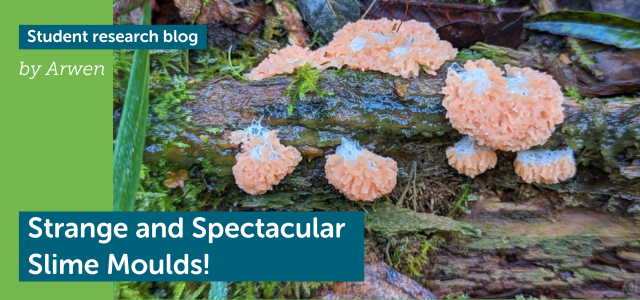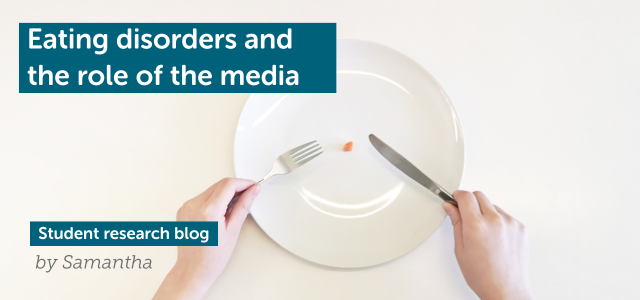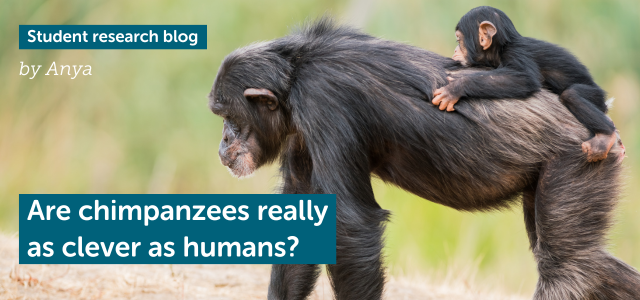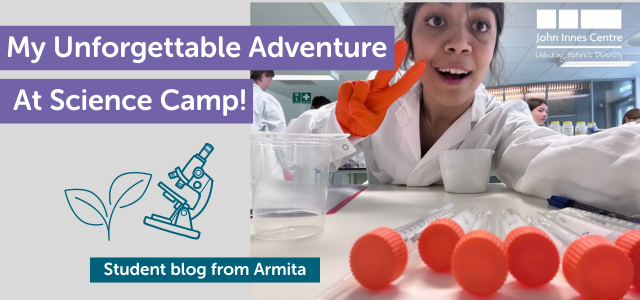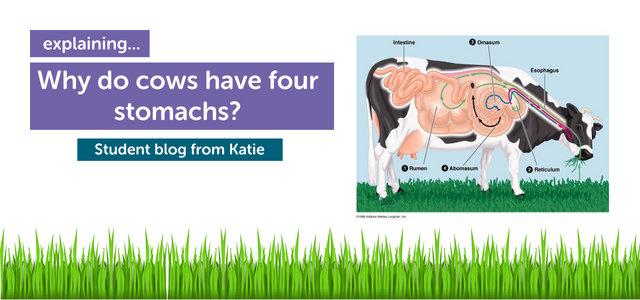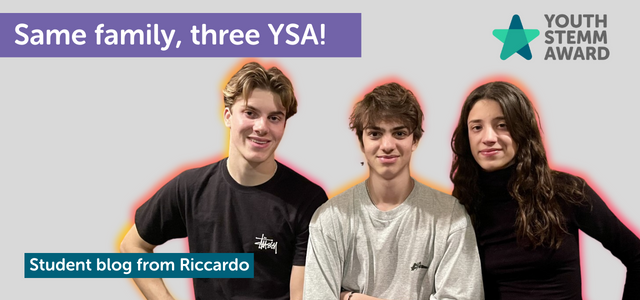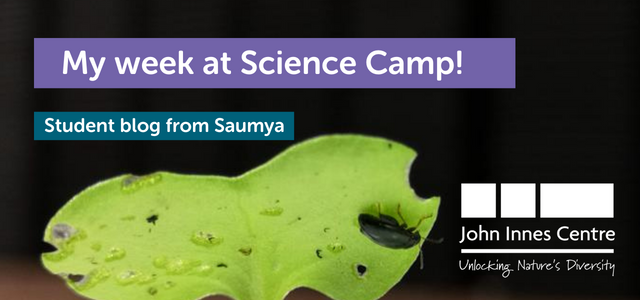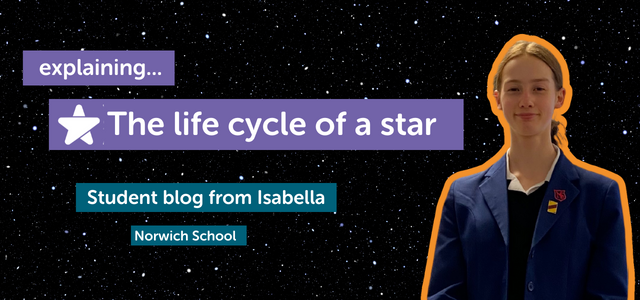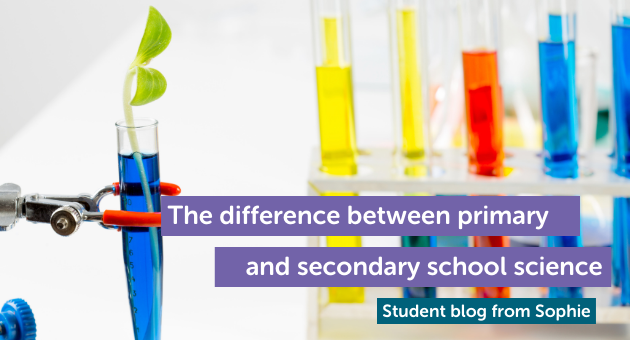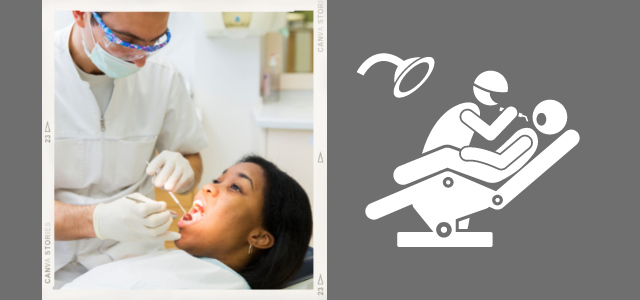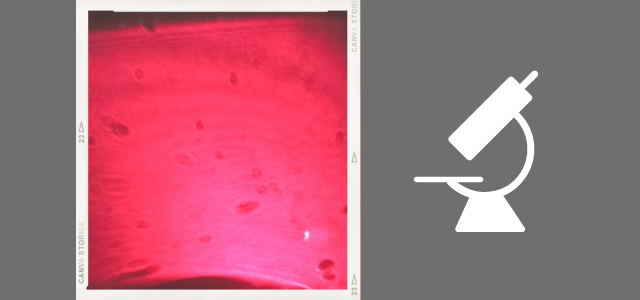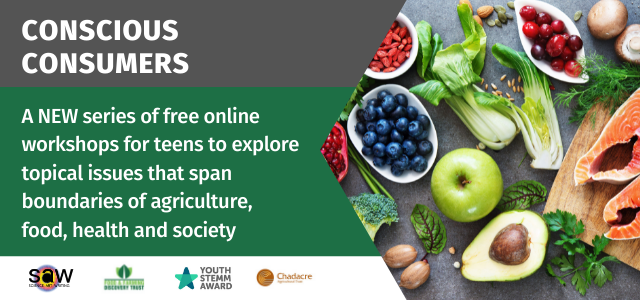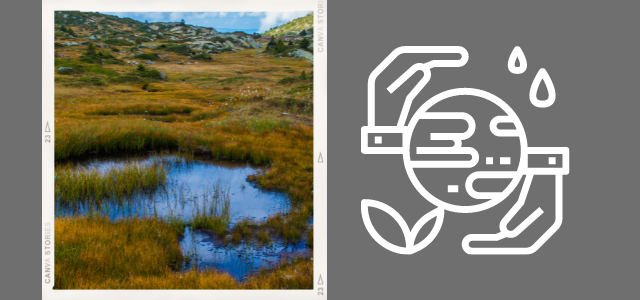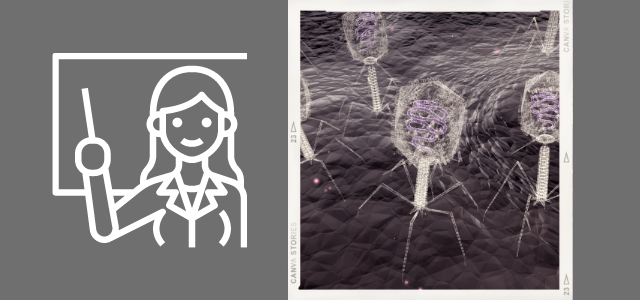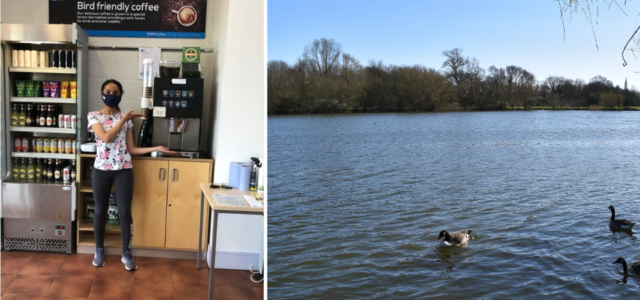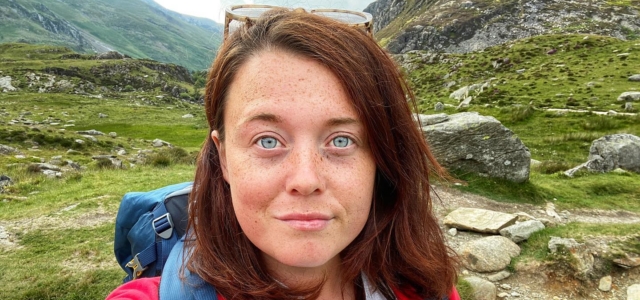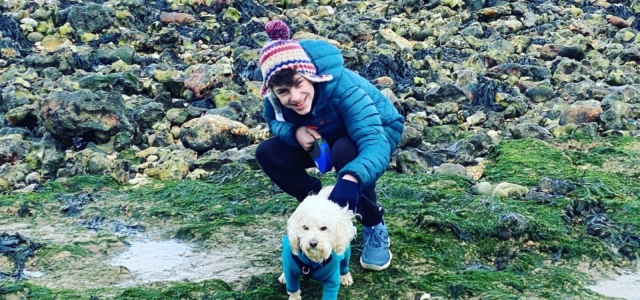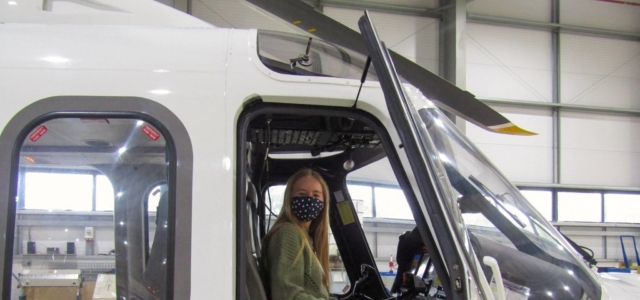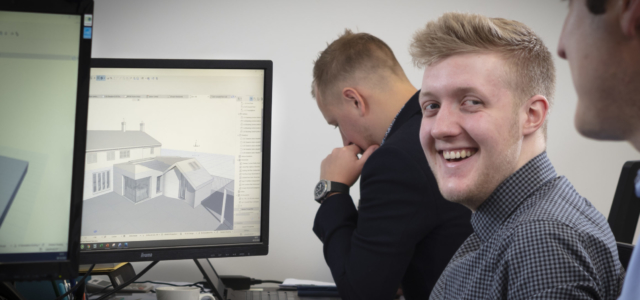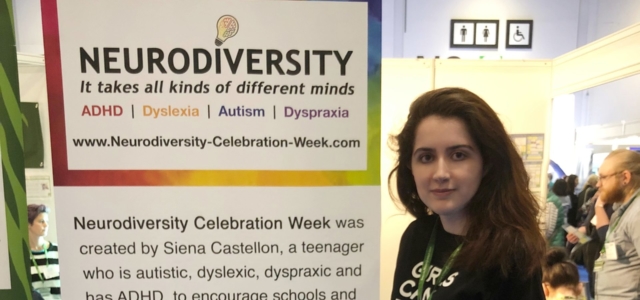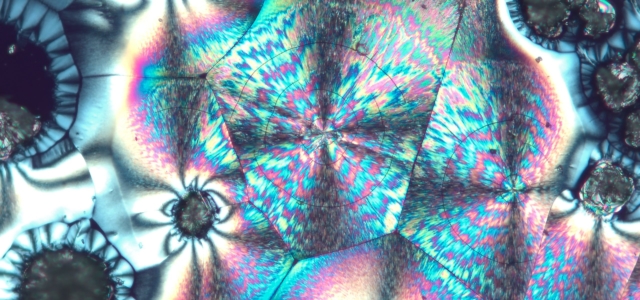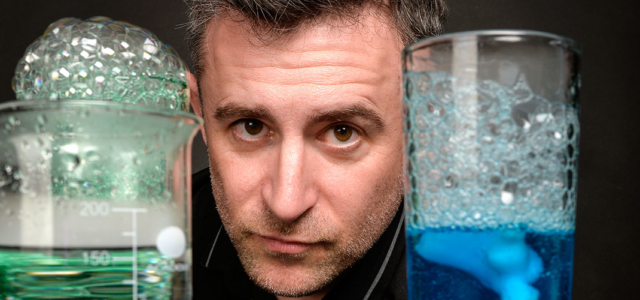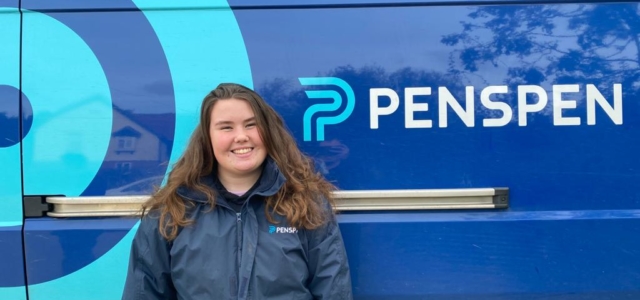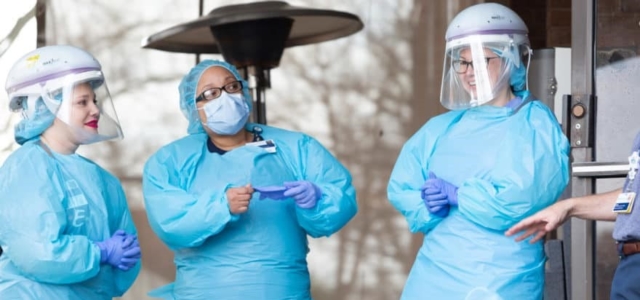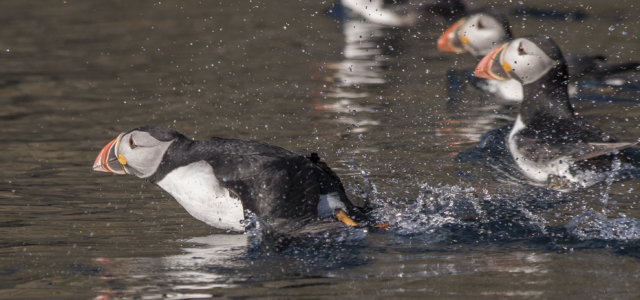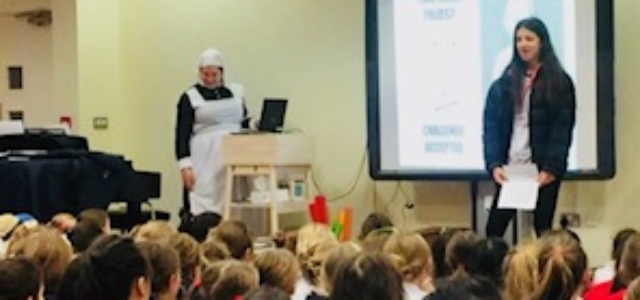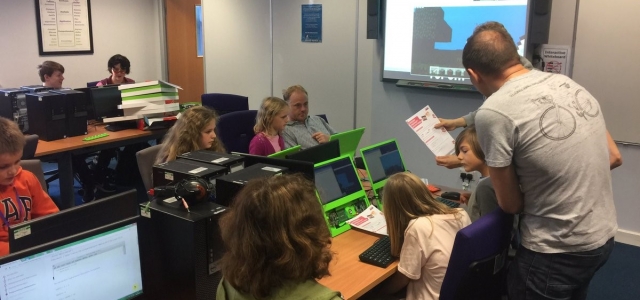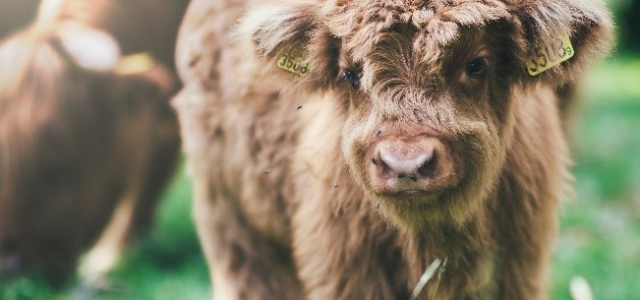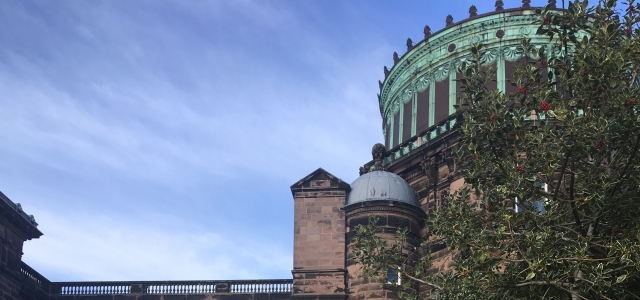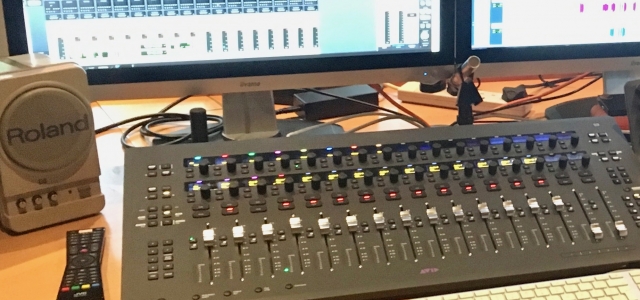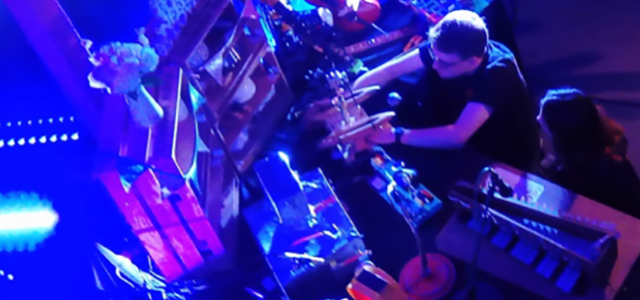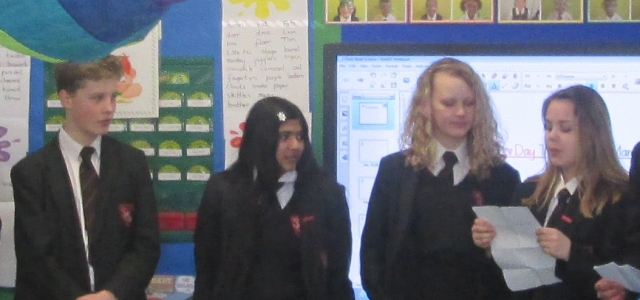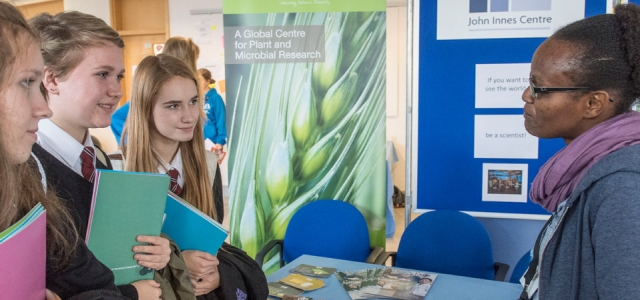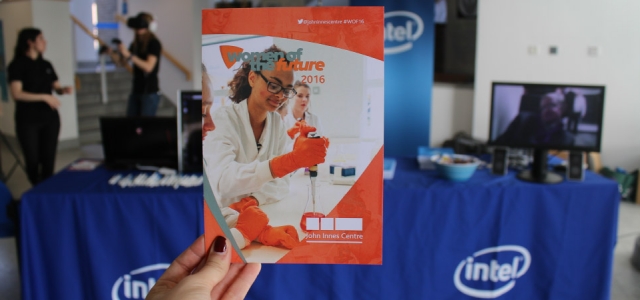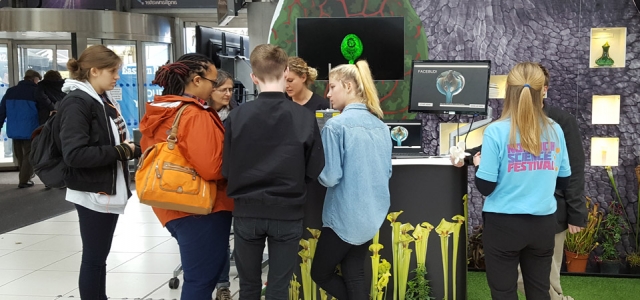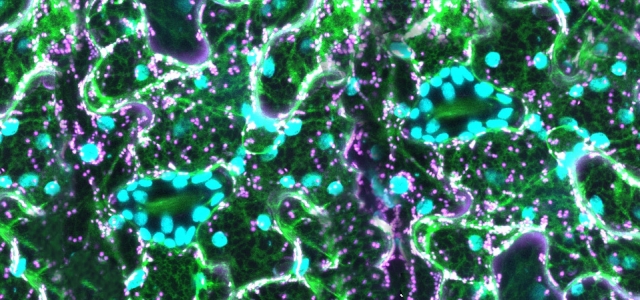Read on to find out about Saumya’s experience at the JIC Year 10 Science Camp…
The JIC science camp gave me lots of insight and experience in several ways! Over the week, we explored different parts of biology, including brassica beetles, working in both lab and field. Our first few days consisted of working with young scientists in the lab, practicing key laboratory skills such as ‘how to control bacteria’. We tested the effectiveness or different bleach dilutions to kill different types of pseudomonas (a species of bacteria). We then made ‘pooters’; a tool to safely transfer small insects from one place to another. We used our pooters to transfer our cabbage stem flea beetles [as shown in the image at the top of this page] to our brassica feeding assay. We were experimenting how the beetles feeding pattern differs between brassica variations. We discovered that beetles prefer to eat the young brassica which makes a large problem for farmers.
The following day, using our handmade pooters, we put the beetles under a microscope and sexed them, which proved to be a difficult task as they move around in the petri dishes so quickly! We also explored the site and looked around the vast seed store (which was a very cold room!) and horticultural services. We were taught about the evolutions of rice from centuries ago till the present day. We were also given a tour of the historical side of the site, it was phenomenal to be able to hold letters which Charles Darwin himself had written!
We then moved onto the work experience days, one thing I liked in particular is that we were split up and were working individually with a PhD student or scientist for the whole day. This allowed me to have more in-depth conversations about their career as a whole. On the first day I was with a scientist who worked with diseases that ruined rice crops all over the world. In particular TSL (The Sainsbury Laboratory) monitors and advises Bangladesh, Zambia and sub-Saharan Africa on how to control and limit disease. Her team showed us their individual and group studies they were doing about the Blast Disease. We continued the work she was doing the previous day which involved growing fungi onto new agar plates and looking at the DNA results of the fungi. My favourite part is where we were able to use liquid nitrogen to freeze samples!
The following work experience day I was working with two scientists who both worked in Metabolomics. They both introduced me to two types of chromatography, liquid and gas chromatography. We first used the liquid chromatographer to detect the different pigments in various flowers. The machinery was connected to a Quadrupole mass spectrometer which used electrospray ionisation to ionise the samples. The gas chromatographer was being used to analyse the chemical differences between peppermint and spearmint leaves. This method used similar techniques. Both the scientists allowed me to program the expensive machinery myself which I enjoyed.
On the final day, after an eventful week, we spent the morning creating posters to summarise our week at the JIC science camp. Parents and scientists, we worked with were then invited to look at our posters and also enjoy lunch with us. Working with students from all over the country was the perfect opportunity to build my social skills and make new friends. It was great to talk to people my age, sharing our similar and different interests within science. When working with the scientists, not only did we learn about current issues, but also discussed how it will affect our future. Using the modern technology in the labs was also a highlight, as it is something you don’t get ever get to experience in school. The scientists gave us a great perspective of their job, and let us experience how their days usually go during the work experience days of the week. Something that surprised me is the different number of jobs that are unspoken of!
The week really showed me what many career paths STEMM can involve, which has encouraged me to research further into STEMM careers. Along with providing the science camp experience, I was also introduced to the Youth STEMM Award programme. During the week, I filled out more than 50% of work that needed to be done to achieve my bronze award. Ever since I have been logging various activities and am now close to finishing it!
If you like the sound of the Year 10 Science camp, you can find out more and apply for the 2023 camp at https://www.jic.ac.uk/training-careers/work-experience/year-10-science-camp/

